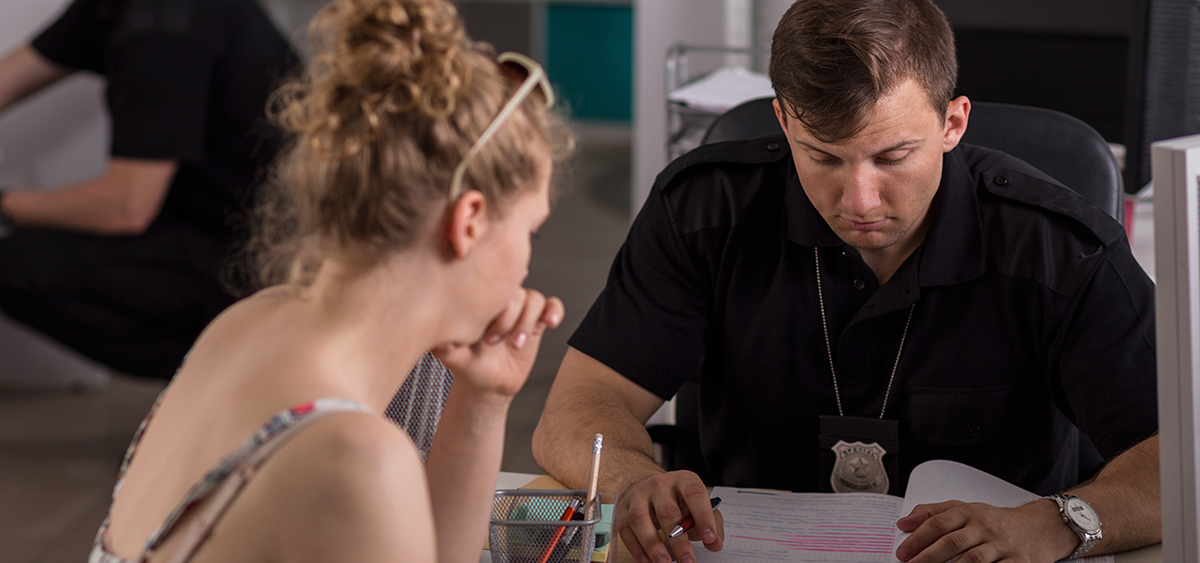You can report a crime to the police if you’re the victim of a crime or if you witness one. How do you report a crime? How can you prepare?

Where to report a crime
In Quebec, in an emergency or if you feel unsafe, call 911.
In all other cases, contact the police service in your area or call 911. The police will tell you whether they’ll meet you at your home or where the crime occurred. They can also ask you to go to the police station to report the crime. For smaller crimes, such as theft of items in a car or vandalism, the police might let you report it over the phone or online. Reporting a crime is also called filling a complaint.
If the crime happened outside your area, the police can transfer your complaint to the police service in the area where the crime took place.
Meeting the police
The police will begin by filling out a police report with basic information, such as the date and place of the crime, the names of the people involved and a short summary of what happened.
If you were the victim of the crime, the police will also ask for your version of the facts (your statement). They will ask you questions and details about what happened.
The police can ask you to write down your statement. They can also write it for you and ask you to sign it.
Your statement is important for what happens next. It can be used if charges are filed against the suspect. Make sure your statement is as accurate as possible. You can contact the police to add information later on.
Bring documents
Your version of the facts might be enough, but you can also bring documents to support what you tell them, such as medical reports or pictures.
Bring someone with you
A friend, family member or a case worker can go with you to meet the police.
The police can ask this person to wait for you outside the room where you make your statement. They can also ask the person not to speak while you’re telling them your version of what happened.
Next steps
The police will tell you what the next steps are, depending on whether you’re a victim or a witness.
The police decide whether your complaint will be investigated. If it is, they will assign an investigator to the case. This person usually does the investigation and follows up with you.
If there’s enough evidence, the investigator will transfer the case to the criminal and penal prosecuting attorney (also called the prosecutor or crown prosecutor). The prosecutor then decides whether to formally charge the suspect with a crime. If so, you’ll receive a letter with the accused’s name and the charges.
This process can take several days, weeks or months.
Withdrawing your complaint
Even if you want to withdraw your complaint, the police can decide to continue the investigation. You can contact the police officer in charge of the case to discuss your concerns.
If the case has already been sent to the prosecutor, the prosecutor decides whether to continue with it.
Do you have a duty to report a crime?
In Canada, you usually don’t have a duty to report a crime or file a complaint.







